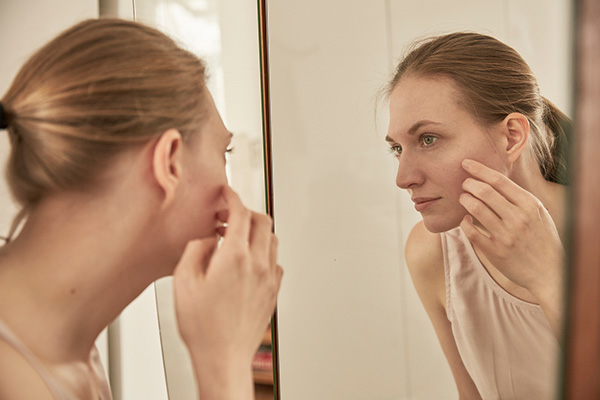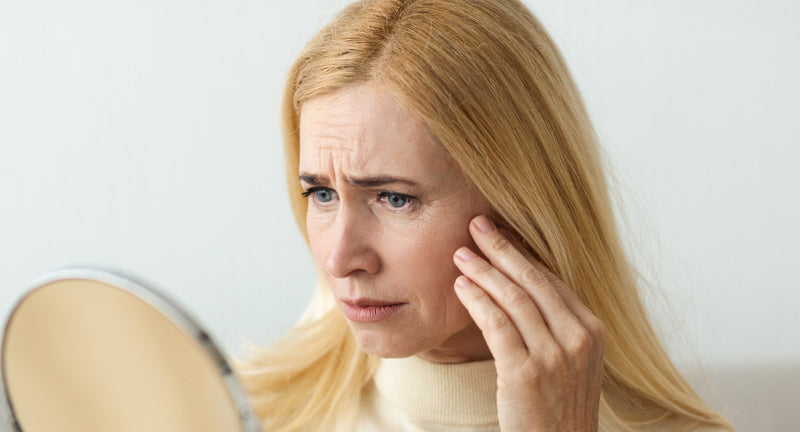How to Stop Guttate Psoriasis Spreading: Essential Insights
Are you a beautician seeking effective methods on how to stop guttate psoriasis spreading? This condition, characterized by small, drop-shaped lesions, can be a challenge not only for those living with it but also for professionals in the beauty industry. Understanding how to manage and mitigate the spread of guttate psoriasis can significantly improve your clients experiences and skin health.
This article will dive into practical strategies on how to halt the progression of guttate psoriasis, providing essential tips and insights for beauticians looking to enhance their services.

Understanding Guttate Psoriasis
Before we get into strategies for controlling the spread of this skin condition, its vital to understand what guttate psoriasis is. This psoriasis type usually emerges as a result of a streptococcal infection or other triggers, such as stress or injury to the skin. Signs include small red bumps developing rapidly, often on the torso, arms, legs, and scalp, leading to discomfort and self-consciousness.
Recognizing the Triggers
To effectively manage guttate psoriasis, beauticians must first identify and recognize its triggers. Some common triggers include:
- Infections: Especially skin infections, which can instigate flare-ups.
- Stress: Emotional and physical stress can significantly exacerbate symptoms.
- Skin Injury: Cuts, scrapes, or sunburns can lead to the appearance of psoriatic lesions.
For more detailed information on triggers, consider checking out this trigger analysis.
Preventing Guttate Psoriasis from Spreading
Here are several strategies beauticians can implement to help clients prevent the spreading of guttate psoriasis:
1. Moisturization Techniques
Keeping the skin adequately moisturized is crucial for preventing psoriasis from spreading. Incorporating natural emollients and moisturizers can help soothe dryness and flakiness. Look for ingredients like:
- Jojoba oil
- Aloe vera
- Shea butter
Applying these products regularly can help maintain skin hydration and reduce the risk of plaques forming.
2. Sun Exposure Management
Sunlight can have a positive effect on psoriasis due to its healing properties. However, too much exposure can lead to irritation and worsening symptoms. Recommend clients limit sun exposure or use protective clothing and SPF to guard against flare-ups.
3. Specialized Treatments
Consider advising your clients about specialized treatment options, such as:
- Topical Treatments: Corticosteroids and vitamin D analogues can effectively reduce inflammation.
- Phototherapy: Controlled exposure to ultraviolet light can help manage symptoms.
- Systemic Medications: For severe cases, systemic treatments may be beneficial.
For insights on how to use these treatments, please check our article on getting rid of psoriasis.
Dietary Recommendations for Clients
Encouraging clients to adopt an anti-inflammatory diet can also help in managing symptoms. Suggest incorporating:
- Omega-3 Fatty Acids: Found in fish like salmon and walnuts.
- Fruits and Vegetables: Rich in antioxidants to combat inflammation.
- Gluten-Free Options: Some individuals see improvements by avoiding gluten.
Staying away from processed foods and excessive sugars can be beneficial as well. This dietary approach can help in improving overall skin conditions.
Educating Clients on Skincare Routines
Regular skincare routines are essential for managing guttate psoriasis effectively. Advise your clients to:
- Use mild soaps and cleansers that prevent stripping the skin of its natural oils.
- Follow a routine of gentle exfoliation to remove dead skin cells without irritation.
- Incorporate anti-inflammatory products that calm the skin.

FAQs about Guttate Psoriasis
What is guttate psoriasis?
Guttate psoriasis is a form of psoriasis characterized by small, drop-shaped lesions that appear on the skin, often following a streptococcal infection.
Can stress cause guttate psoriasis to spread?
Yes, stress is a known trigger for guttate psoriasis and can exacerbate its symptoms, potentially causing the condition to spread.
Are there natural remedies for treating guttate psoriasis?
Natural remedies like aloe vera and omega-3 fatty acids can help soothe psoriatic symptoms, but consulting a dermatologist for severe cases is advisable.
To learn more about the differences between psoriasis and other skin conditions, you can read this differentiation guide.
In conclusion, as a beautician, your role in managing guttate psoriasis extends beyond skincare; its about educating your clients and providing a holistic approach to their beauty and health. By implementing these strategies on how to stop guttate psoriasis spreading, you can foster a nurturing environment for your clients, helping them achieve better skin health.
For additional resources, visit Mayo Clinics overview of psoriasis.

